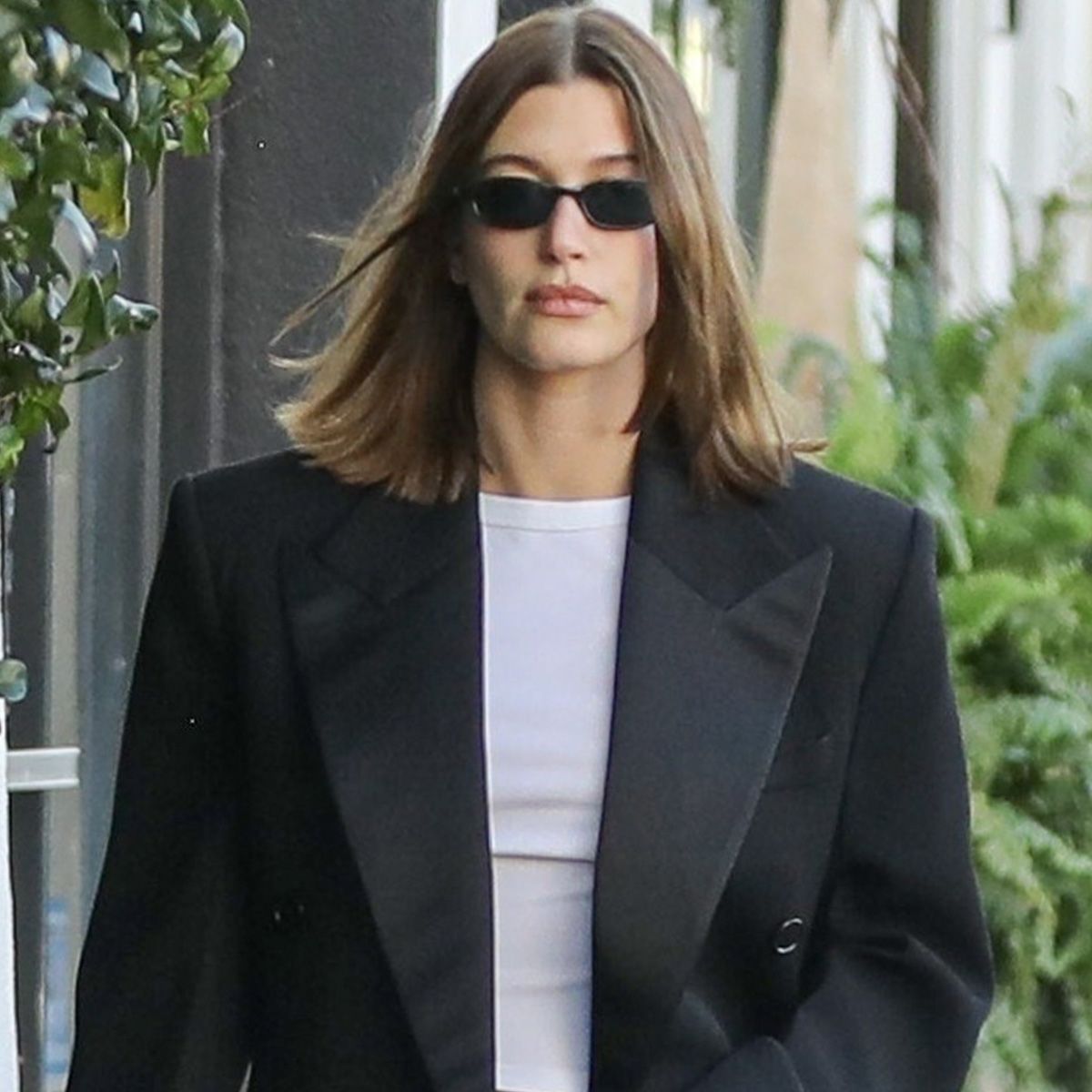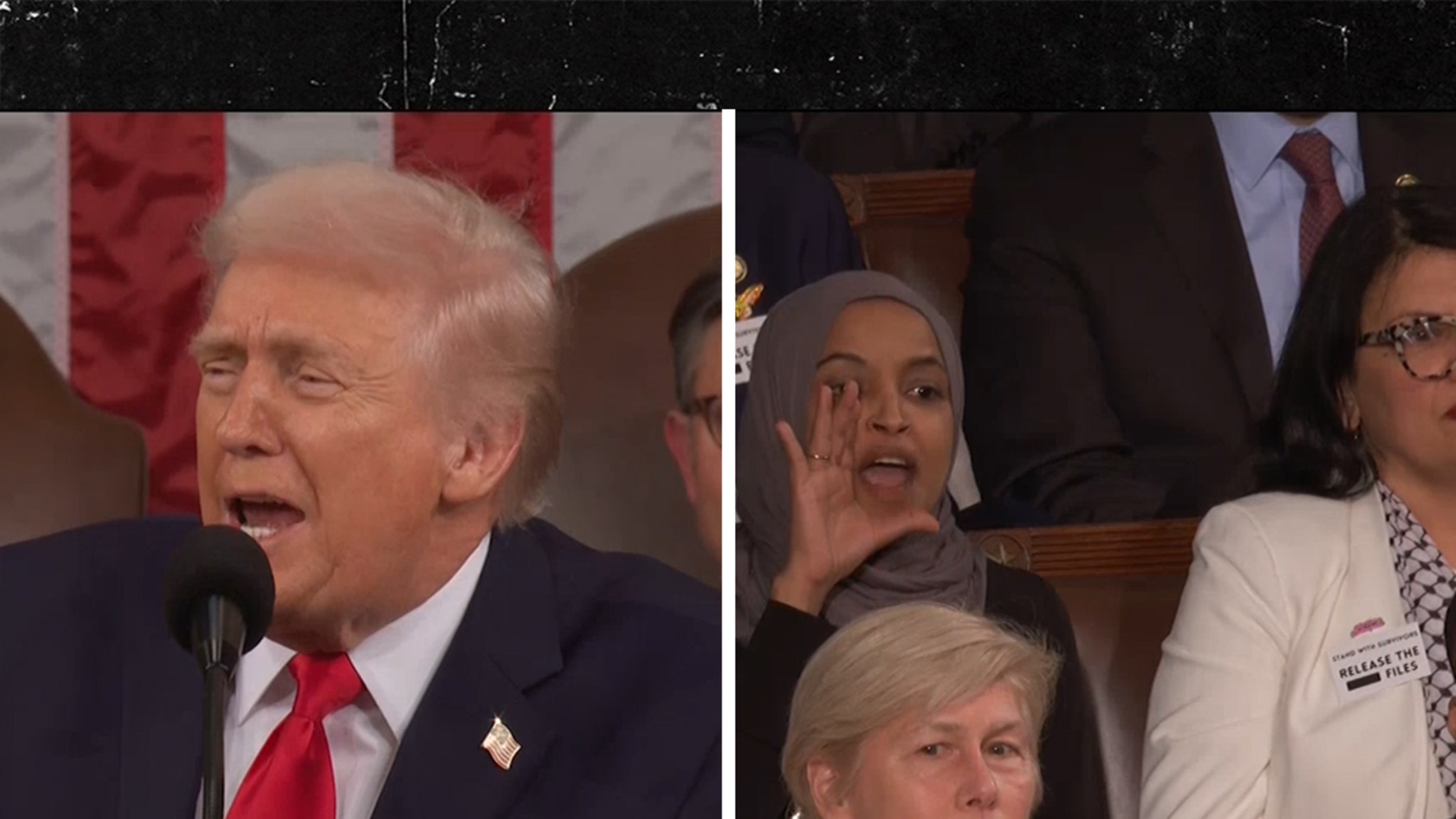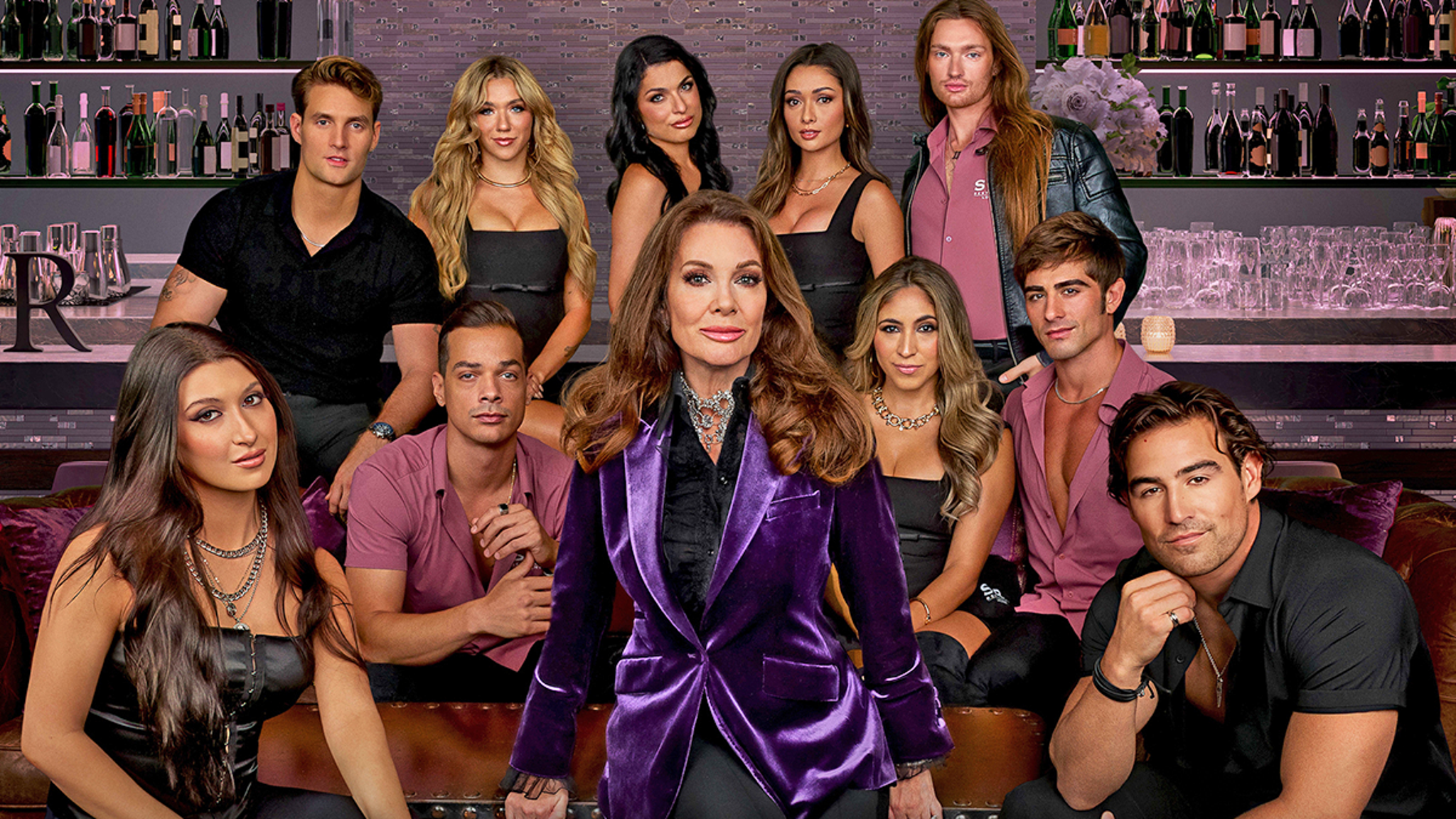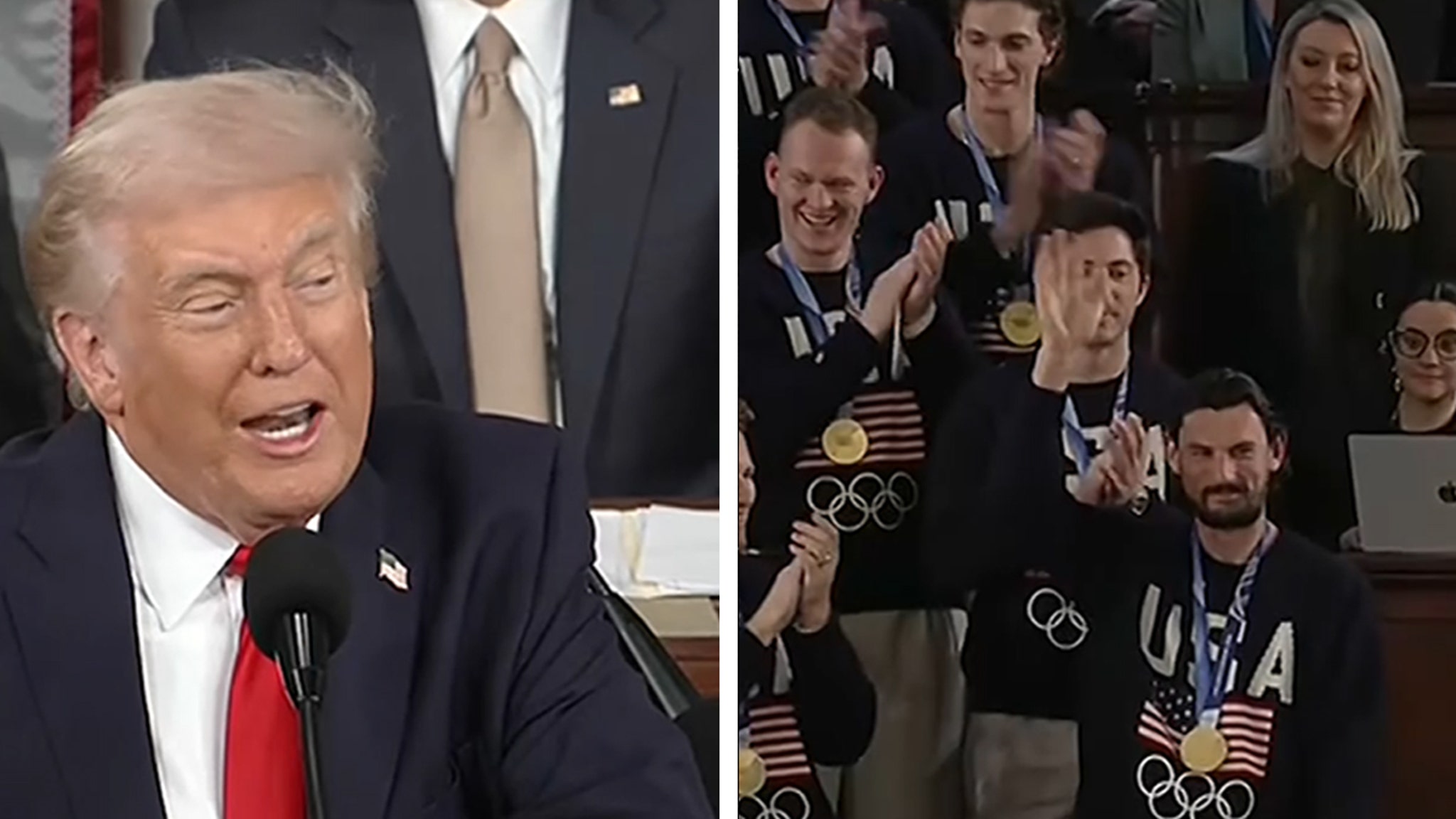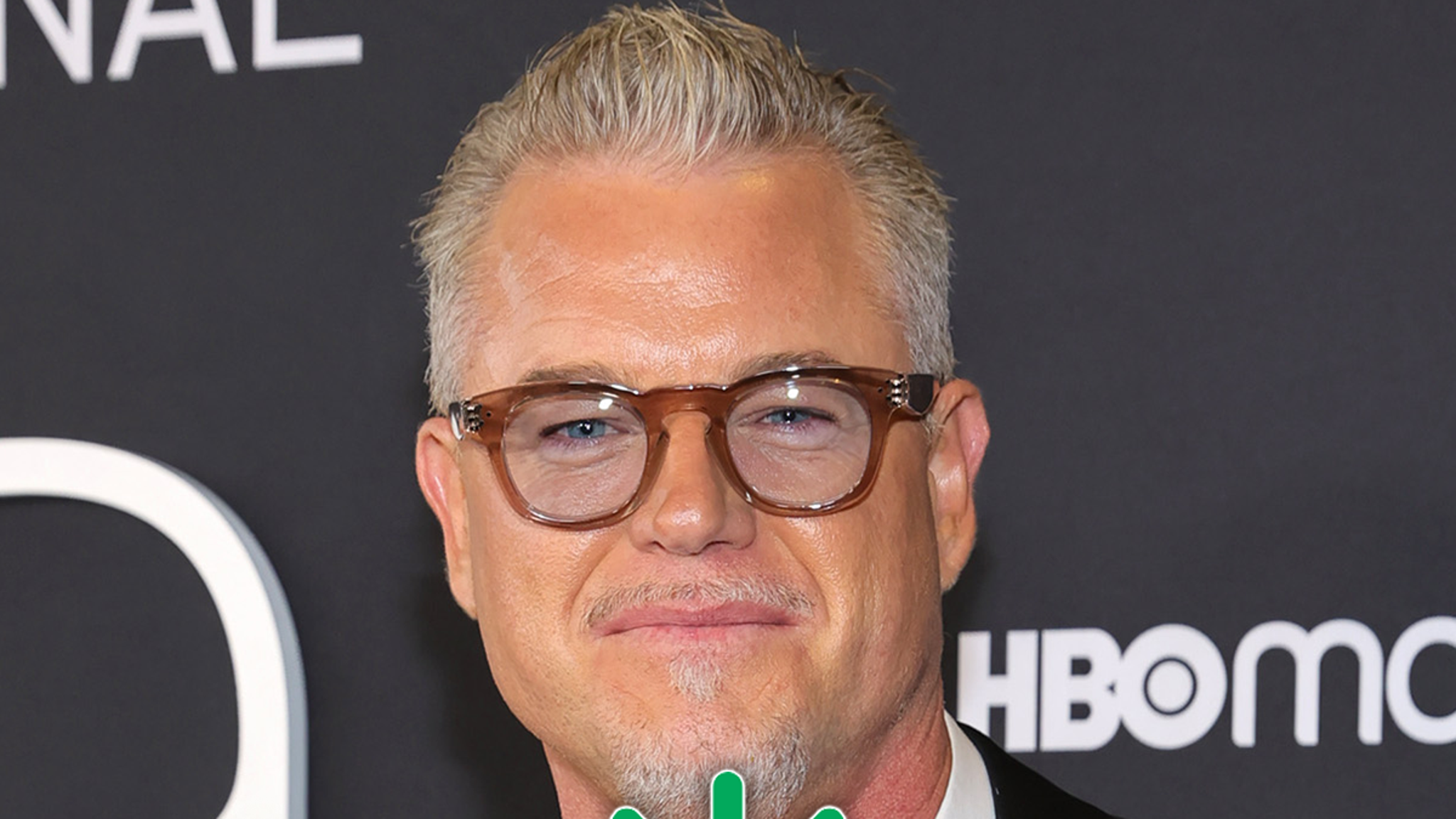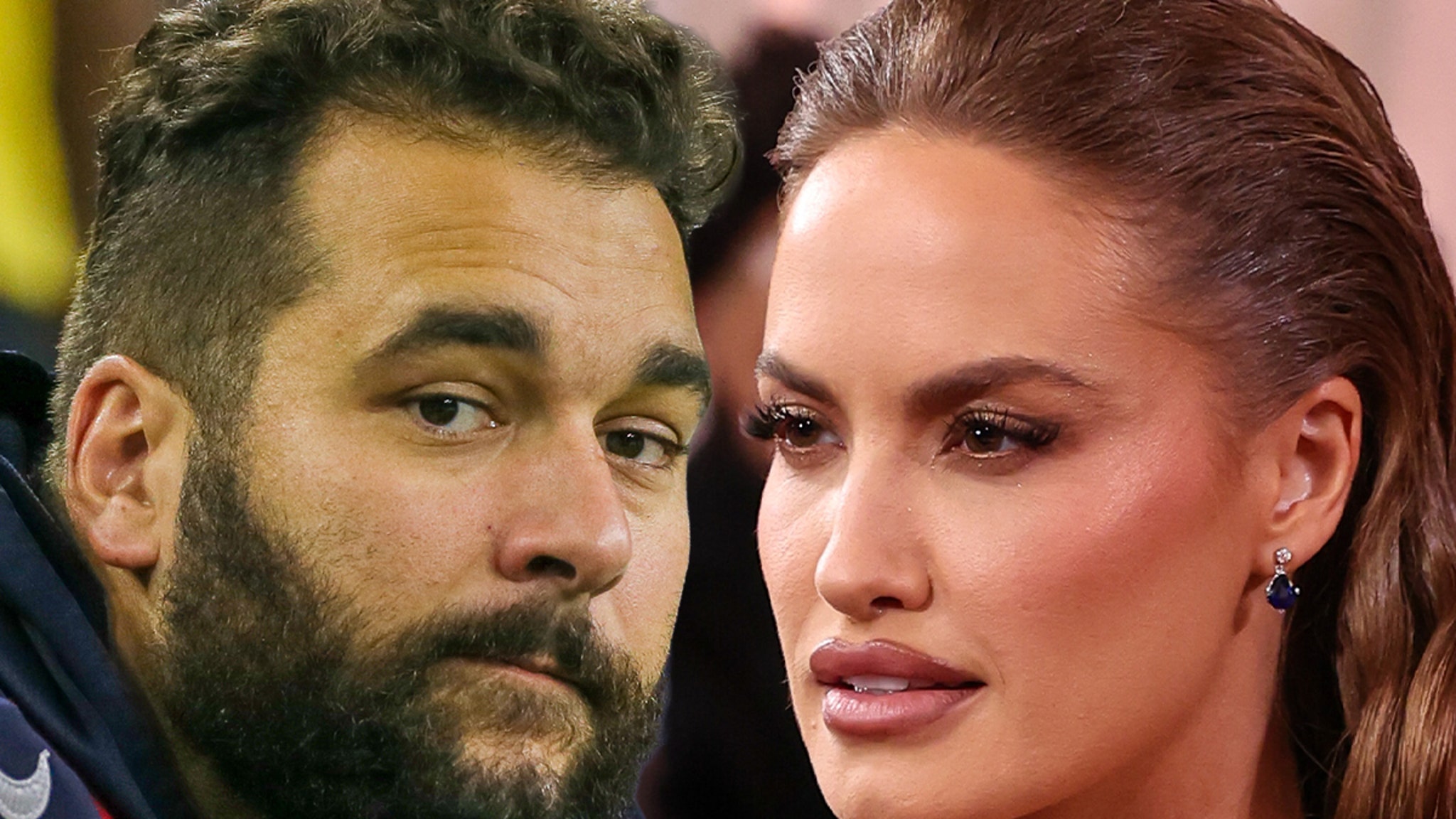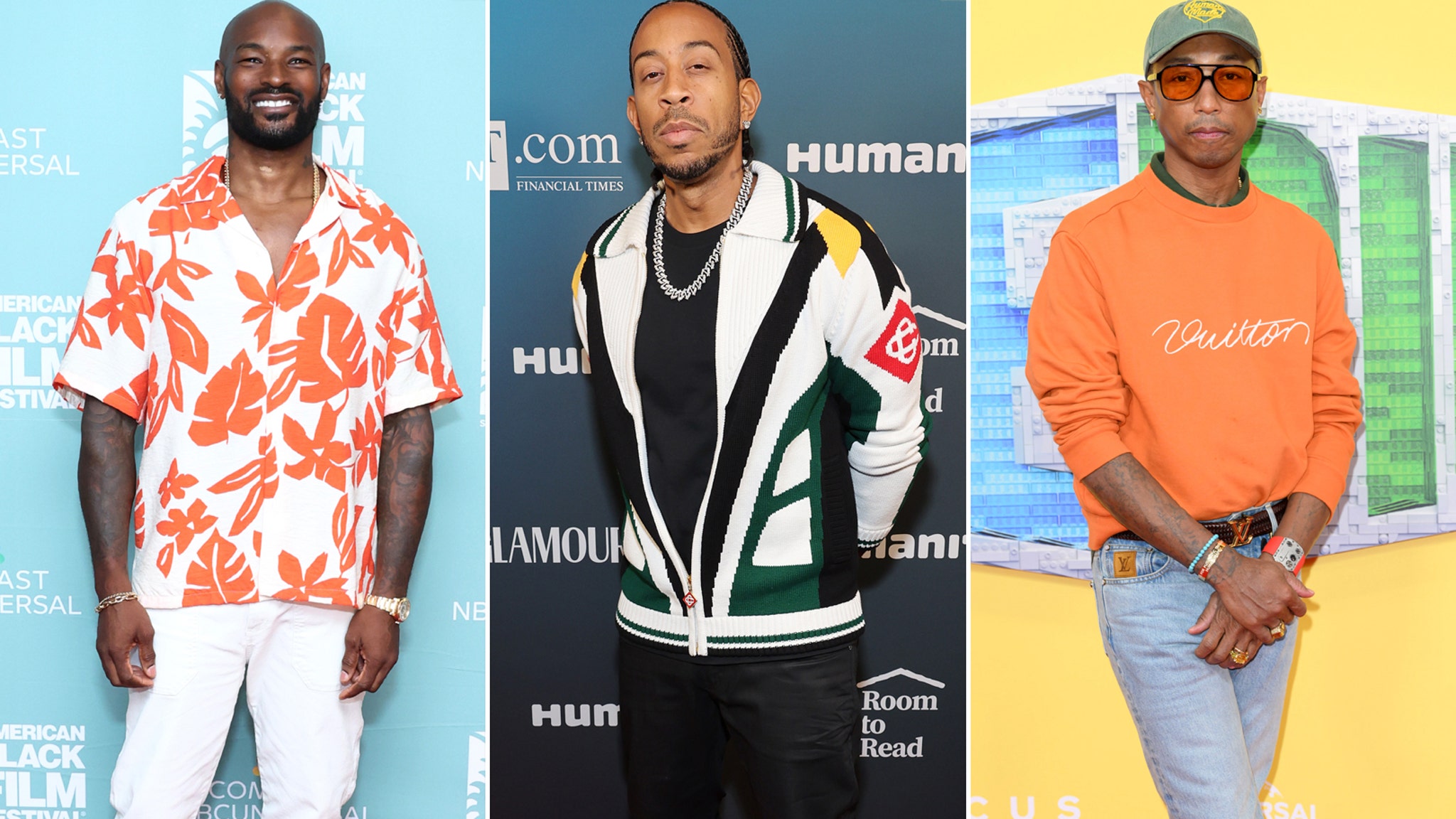Conan O'Brien Thinks Late Night TV 'Going to Disappear,' But Stephen Colbert 'Too Talented to Go Away'
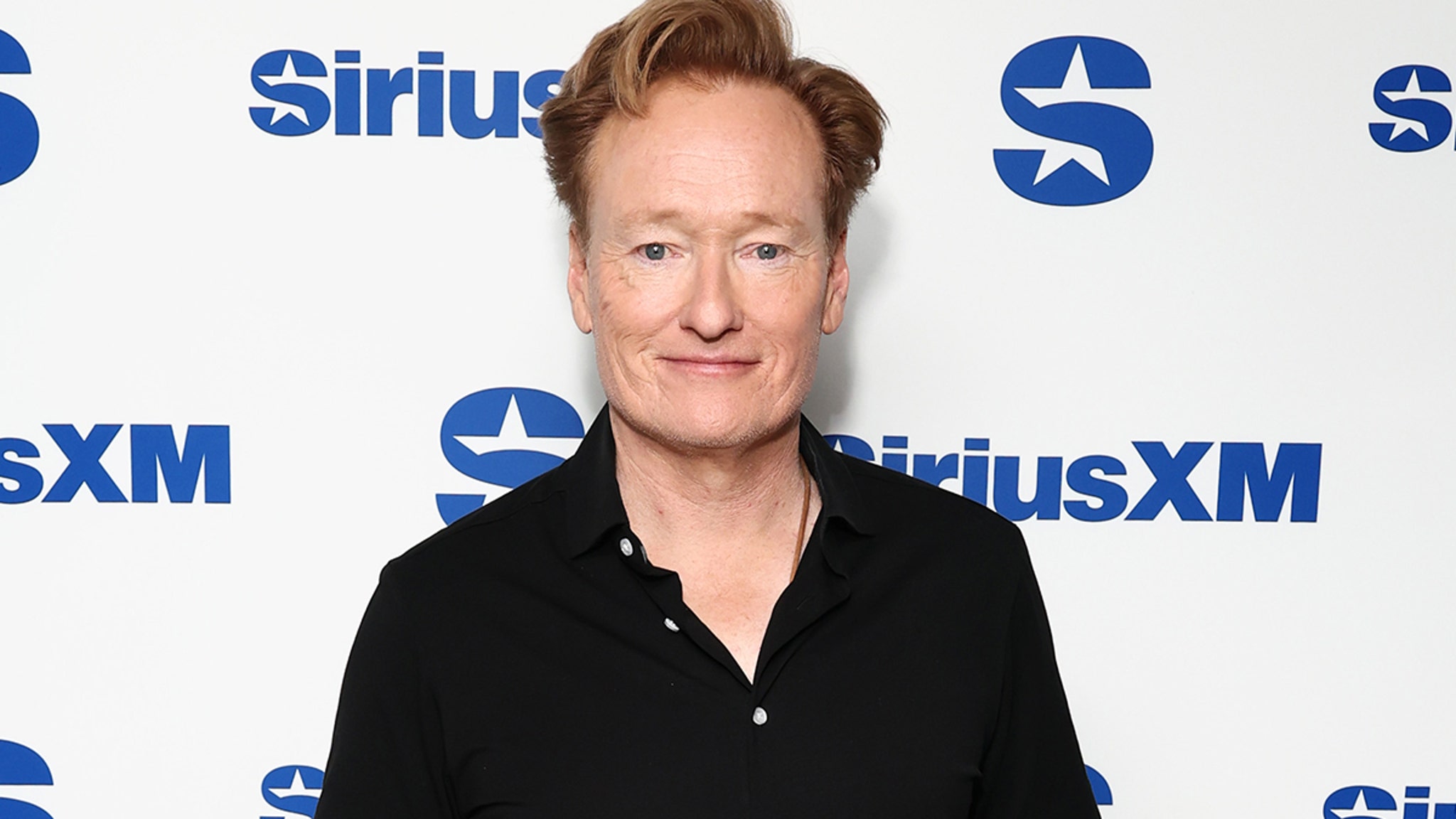
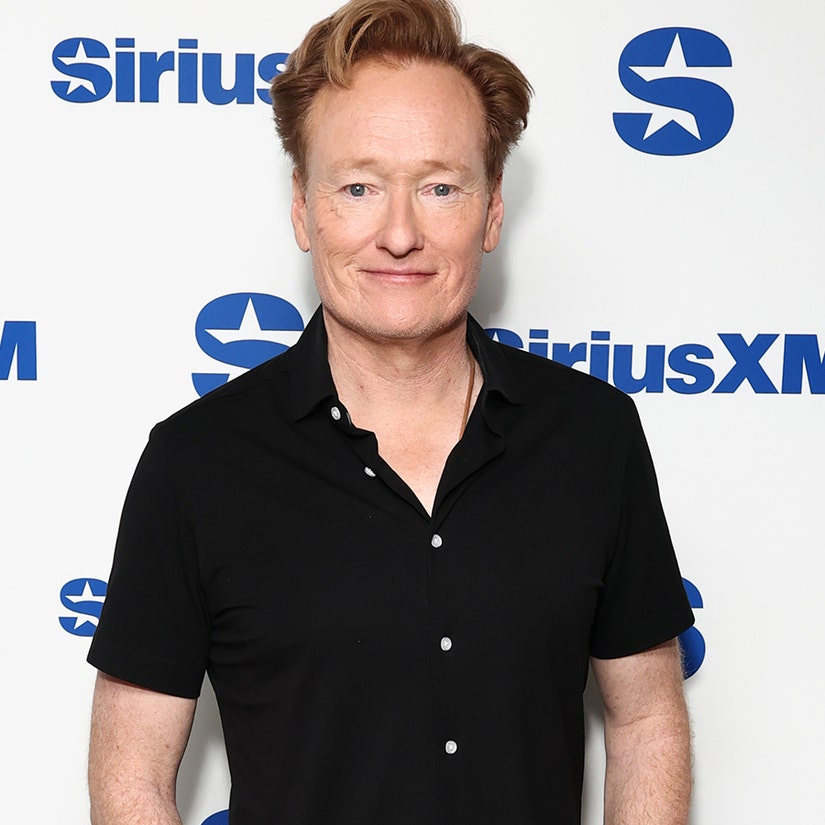
Late-night icon Conan O'Brien weighs in on the shifting landscape of television after the shocking announcement that CBS is going to end top-rated The Late Show with Stephen Colbert next year.
The evolution of television as we know it continues apace, with viewers more and more choosing when and where to consume their favorite shows and personalities. Perhaps that aspect of it is why Conan O'Brien thinks Stephen Colbert is going to be just fine, despite CBS pulling the plug on his show.
"We’re having this event now in a time when there’s a lot of fear about the future of television, and rightfully so," O'Brien said, per The Hollywood Reporter, while on stage at the 27th annual Television Academy Hall of Fame induction ceremony on Saturday.
O'Brien was one of six honorees, including Ryan Murphy, Viola Davis, Henry Winkler, composer Mike Post, and director Don Mischer. While O'Brien admitted he doesn't have the answers for the medium that made him, he did say, "getting the privilege to play around with an hour of television has been the great joy of my professional career."
With streaming continuing to gobble up traditional broadcast viewers and even viewing habits continuing to erode from the standard model to on-demand viewing, this is an unprecedented time to be in the television business. Much as the digital model completely transformed the music industry, streaming is looking to do the same for TV -- and executives seem equally unsure how to navigate the shifting landscape.
Hit particularly hard has been late-night television, which often gets more viewers watching short-form nuggets on YouTube the next day than they are tuning in for the show's original broadcast. It's been a difficult adjustment for executives to make, how to keep these shows financially viable when the audiences are completely transforming how they experience them.
"The life we’ve all known for almost 80 years is undergoing seismic change," O'Brien said Saturday. "But -- this might just be my nature -- I choose not to mourn what is lost, because I think in the most essential way, what we have is not changing at all. Streaming changes the pipeline, but the connection, the talent, the ideas that come into our homes, I think it’s as potent as ever, and we have proof here tonight."
The latest salvo in the new late-night wars -- which appear to be for their very existence -- was the shocking and controversial cancellation of The Late Show with Stephen Colbert. The network said it was a purely financial decision to kill the franchise launched in 1993 when they poached David Letterman from NBC, but there are many, many skeptics.
Critics take note of the fact that Colbert's constant criticism of President Donald Trump reached a crescendo just days before the announcement, when he called parent company Paramount's $16 million settlement with Trump over 60 Minutes' Kamala Harris interview edit a "big fat bribe."
At the time, Paramount was close to finalizing its deal with Skydance -- which did go through after the cancellation of The Late Show, with Democratic FCC Commissioner Anna Gomez, who voted against the merger, calling it a "dark moment in our nation's history," per Reuters.
"After months of cowardly capitulation, including an unprecedented payout to settle a meritless lawsuit in exchange for regulatory approval," she said. "Paramount and Skydance have completed their merger."
Since the announcement, Colbert has continued to rail against his parent company, while receiving an outcry of support from across the entertainment, sphere, including his fellow late-night hosts. O'Brien, though, isn't a bit worried about Colbert -- nor does he believe fans will have to be without his voice.
"Yes, late night television as we have known it since around 1950 is going to disappear," O'Brien said, "but those voices are not going anywhere. People like Stephen Colbert are too talented and too essential to go away. It’s not going to happen, he’s not going anywhere."
Instead, O'Brien believes "Stephen is going to evolve and shine brighter than ever in a new format that he controls completely." What that format is may not be clear right now, but with the rise and growing dominance of video podcasts and digital platforms, there are already many options available.
O'Brien, himself, knows a thing or two about shifting formats. After his controversial exit from The Tonight Show, he shifted to cable for his eponymous Conan talk show, which ran through 2021. Since then, his Team Coco has grown to prominence in the podcast space with Conan O'Brien Needs a Friend and other ventures.
And while the format may continue to evolve, O'Brien is confident that the concept of television, too, will survive, so long as "the stories are good, if the performances are honest and inspire; if the people making it are brave and of good will."
From live theater to movie screens to televisions to computers to smartphones, the mechanism for receiving audio-visual information and entertainment continues to evolve. But no matter the platform, quality will always rise to the top and find an eager and interested audience.
O'Brien is proof of that flexibility, so he knows what he's talking about when he says he believes the man who made a name for himself as a fictional right-wing blowhard on The Colbert Report, before gaining the same level of dominance as his true self, is going to be have no problem rising again.















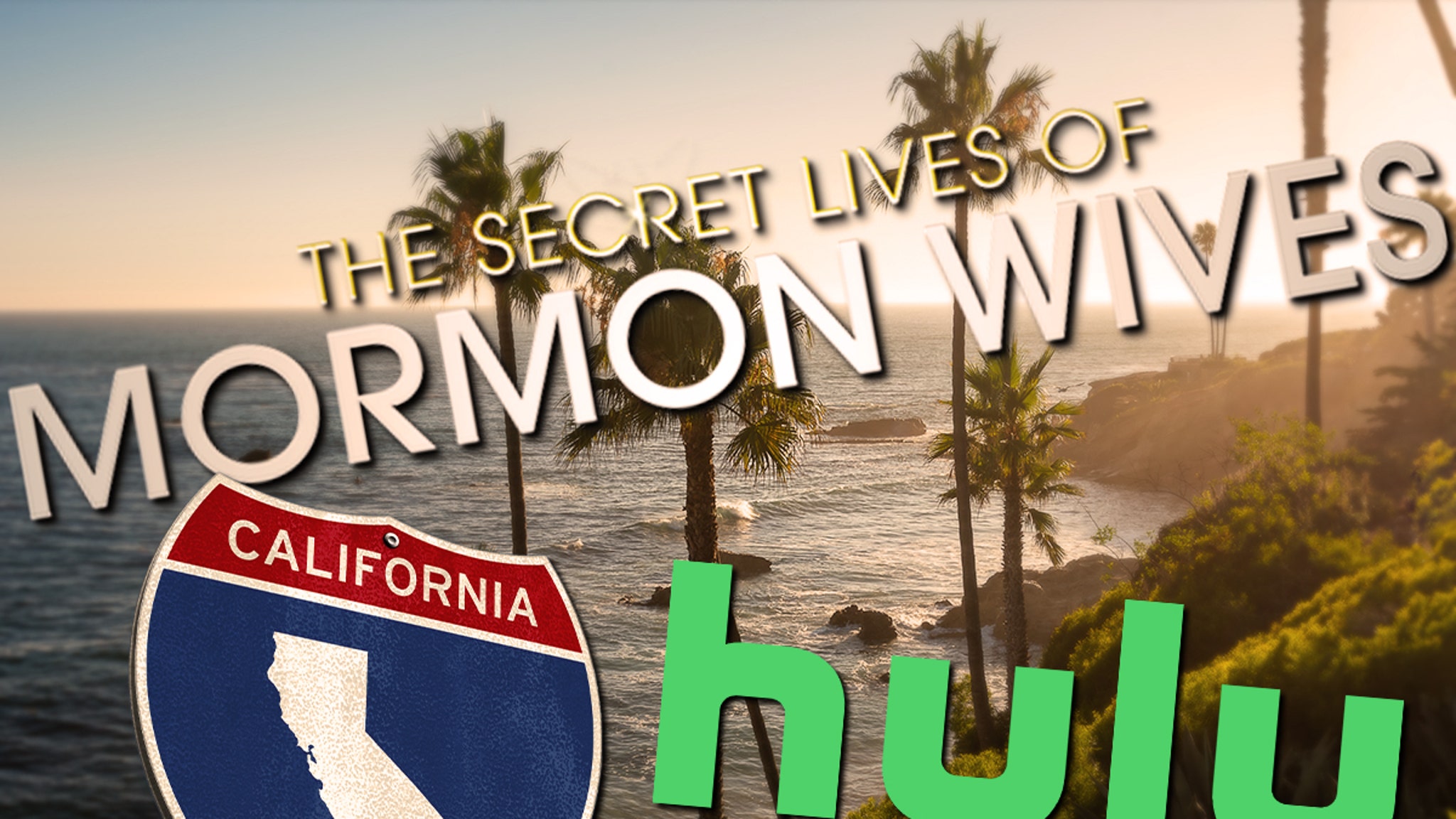
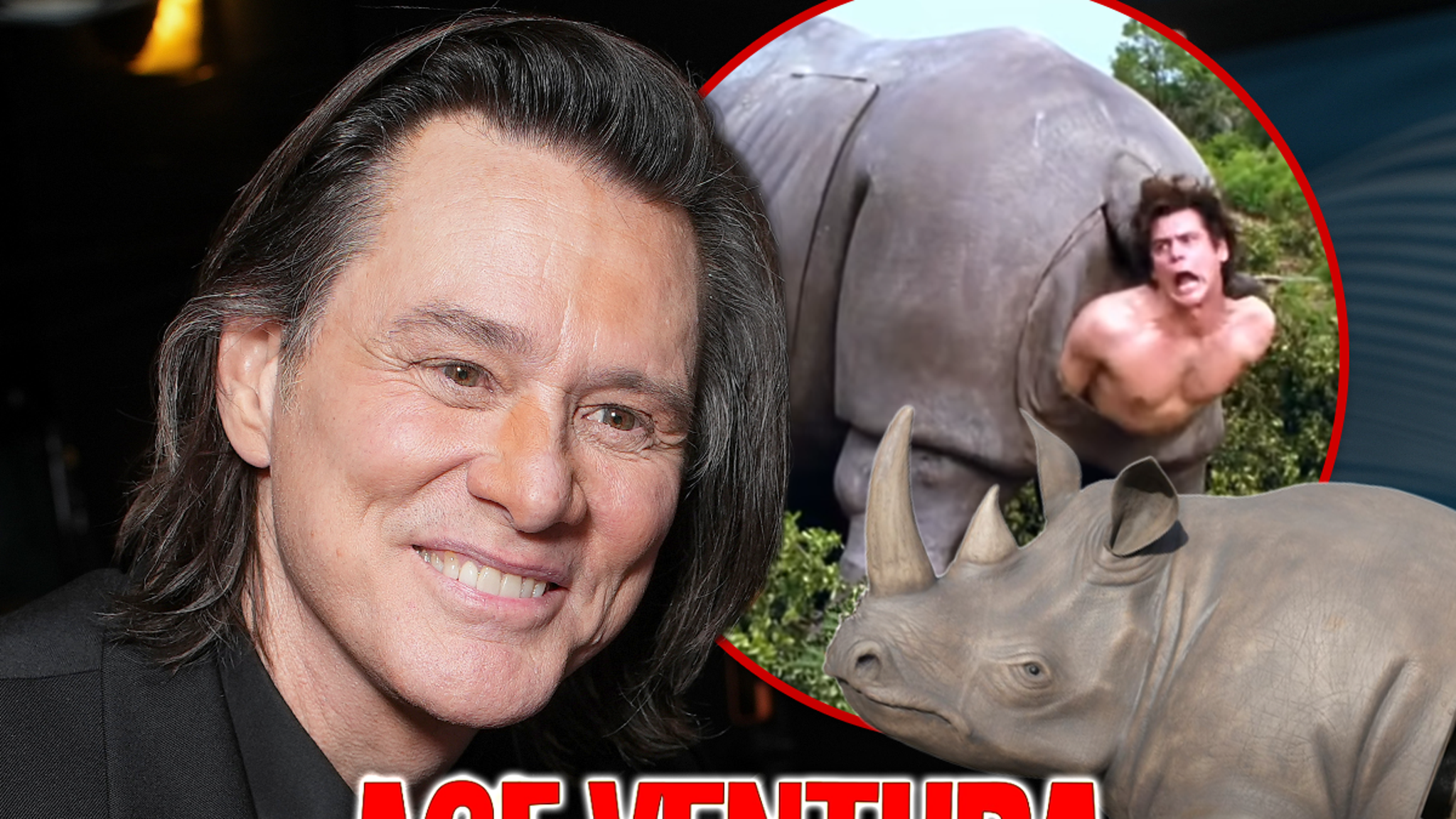
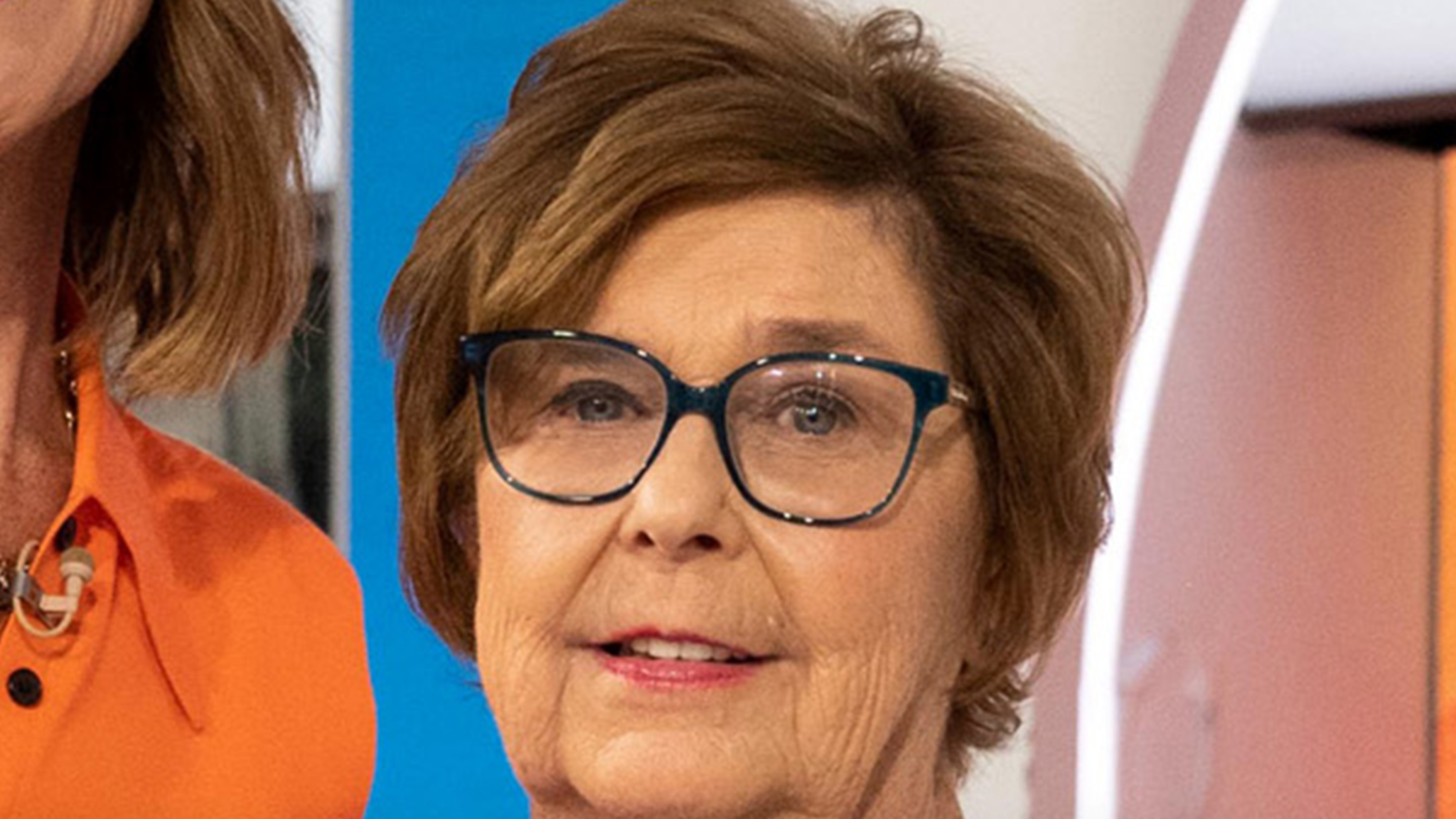
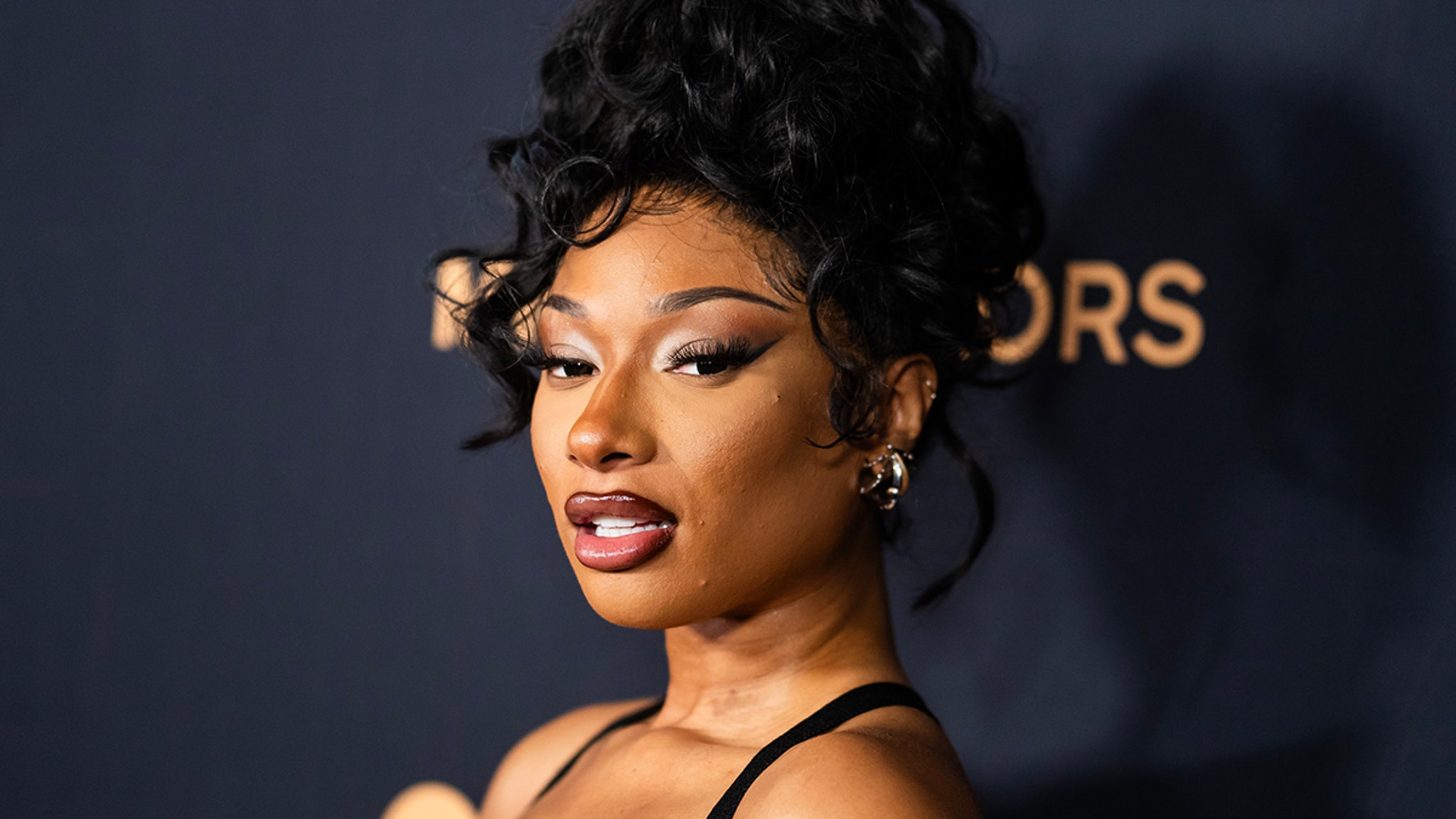
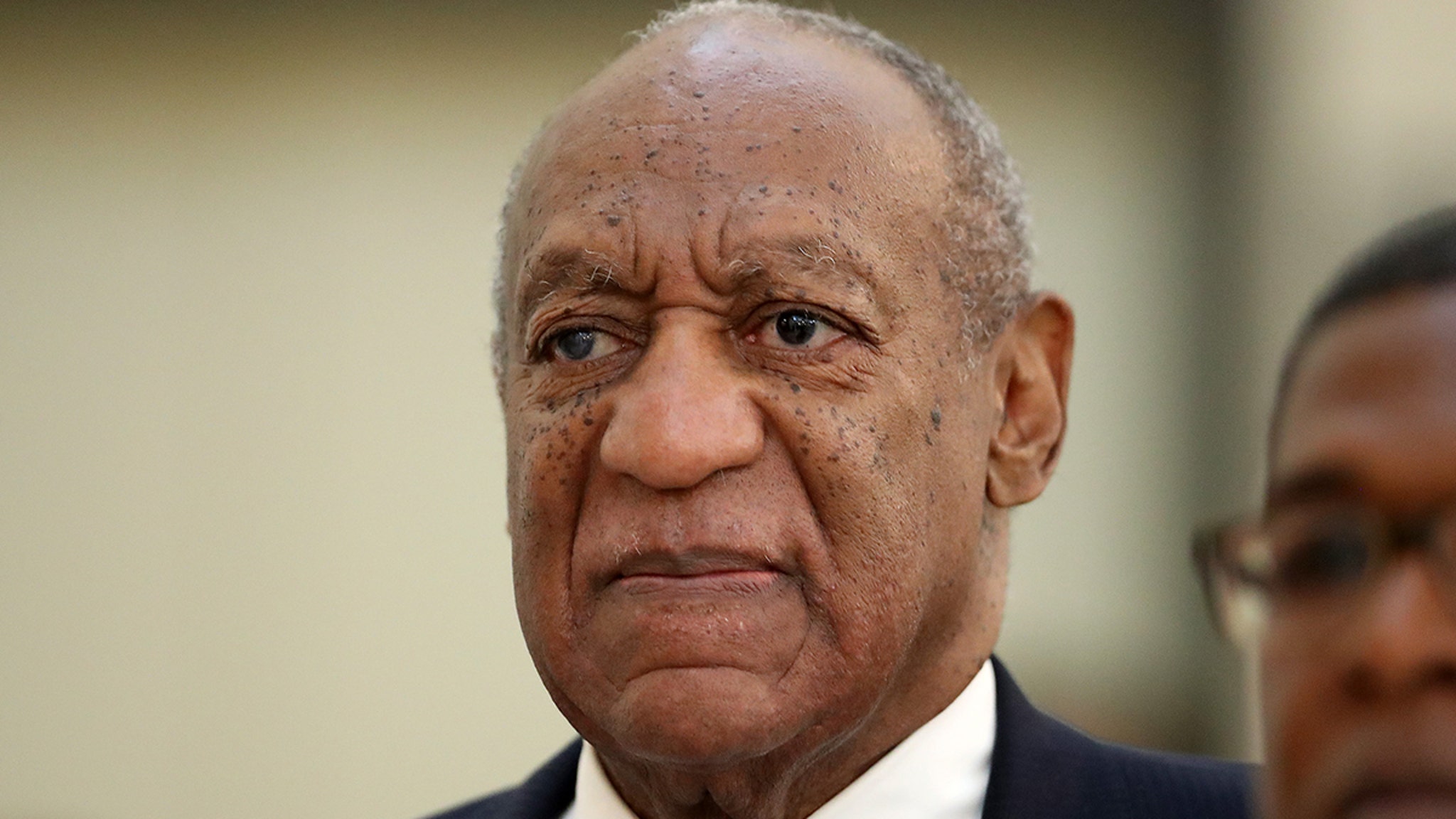
:quality(85):upscale()/2023/09/18/918/n/1922398/a1136b676508baddc752f5.20098216_.jpg)
:quality(85):upscale()/2025/10/09/670/n/1922283/00b944c868e7cf4f7b79b3.95741067_.jpg)
:quality(85):upscale()/2025/10/15/765/n/1922398/29c37a6e68efd84bb02f35.49541188_.jpg)
:quality(85):upscale()/2025/09/09/891/n/1922283/7222624268c08ccba1c9a3.01436482_.png)


